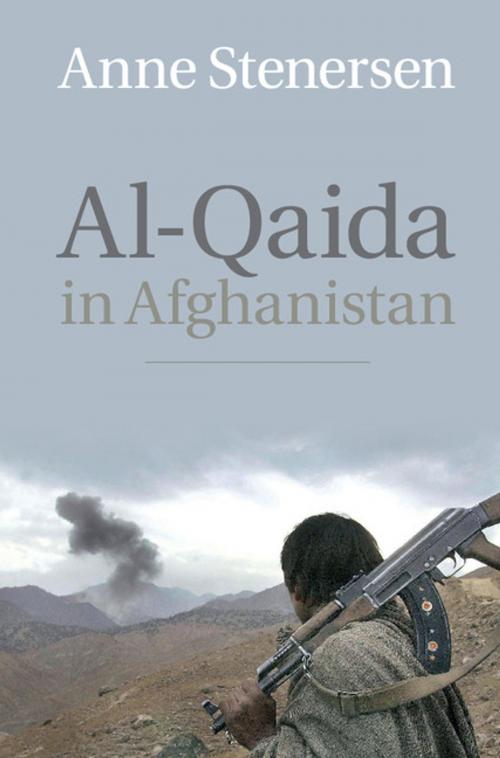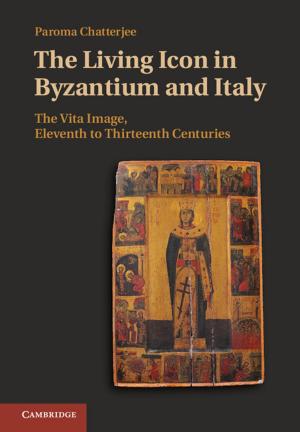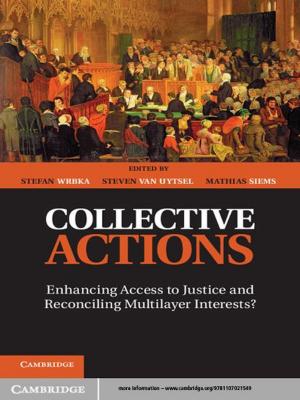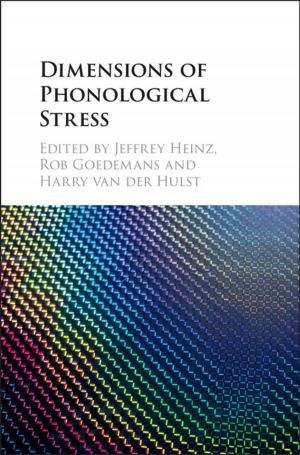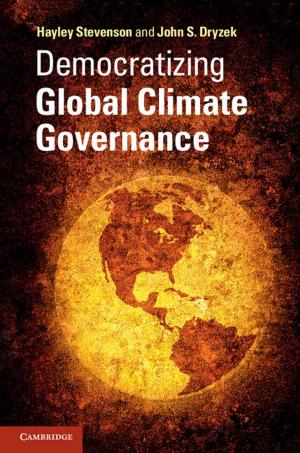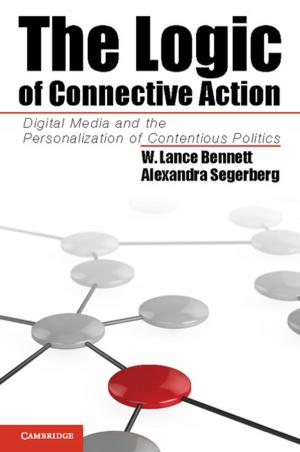| Author: | Anne Stenersen | ISBN: | 9781108206280 |
| Publisher: | Cambridge University Press | Publication: | July 26, 2017 |
| Imprint: | Cambridge University Press | Language: | English |
| Author: | Anne Stenersen |
| ISBN: | 9781108206280 |
| Publisher: | Cambridge University Press |
| Publication: | July 26, 2017 |
| Imprint: | Cambridge University Press |
| Language: | English |
Since 9/11, al-Qaida has become one of the most infamous and widely discussed terrorist organizations in the world, with affiliates spread across the globe. However, little-known are the group's activities within Afghanistan itself, something which Anne Stenersen examines in this book. Using an array of unique primary sources, she presents an alternative narrative of al-Qaida's goals and strategies prior to 9/11. She argues that al-Qaida's actions were not just an ideological expression of religious fanaticism and violent anti-Americanism, but that they were actually far more practical and organised, with a more revolutionary and Middle Eastern-focused agenda than previously thought. Through Stenersen's analysis, we see how al-Qaida employed a dual strategy: with a small section focused on staging international terrorist attacks, but at the same time a larger part dedicated to building a resilient and cohesive organization that would ultimately serve as a vanguard for future Islamist revolutions.
Since 9/11, al-Qaida has become one of the most infamous and widely discussed terrorist organizations in the world, with affiliates spread across the globe. However, little-known are the group's activities within Afghanistan itself, something which Anne Stenersen examines in this book. Using an array of unique primary sources, she presents an alternative narrative of al-Qaida's goals and strategies prior to 9/11. She argues that al-Qaida's actions were not just an ideological expression of religious fanaticism and violent anti-Americanism, but that they were actually far more practical and organised, with a more revolutionary and Middle Eastern-focused agenda than previously thought. Through Stenersen's analysis, we see how al-Qaida employed a dual strategy: with a small section focused on staging international terrorist attacks, but at the same time a larger part dedicated to building a resilient and cohesive organization that would ultimately serve as a vanguard for future Islamist revolutions.
